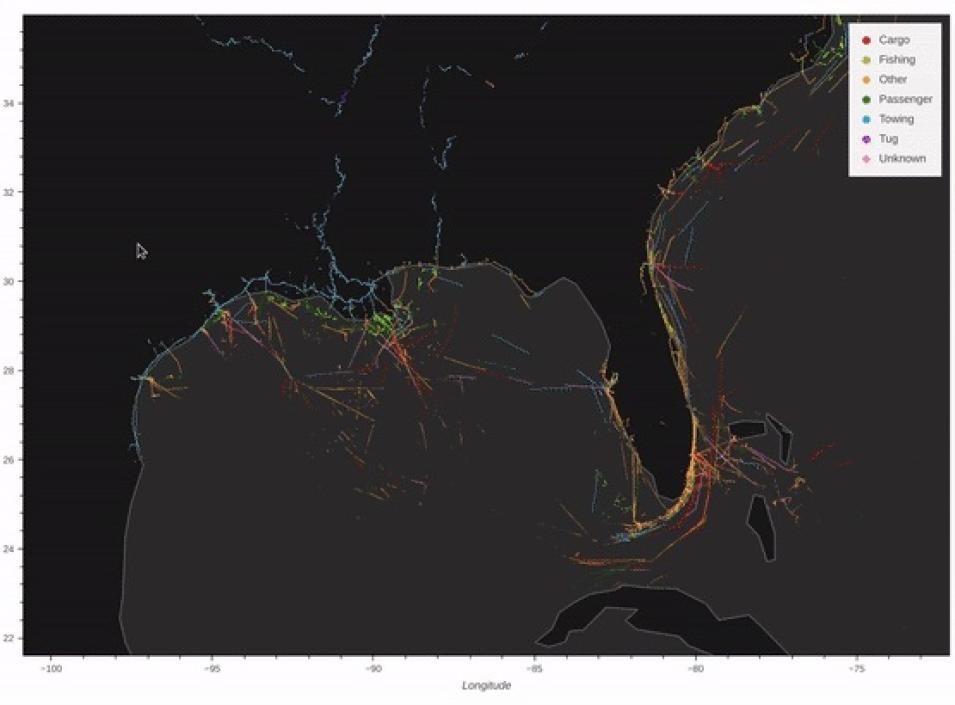From June 23 to June 29, NASA joined with the European Space Agency (ESA) and Japan Aerospace Exploration Agency (JAXA) to host the Earth Observation (EO) Dashboard Hackathon. During this week-long, virtual event, more than 4,300 participants worked in teams to solve one of several challenges related to the COVID-19 pandemic using data openly available on the EO dashboard. The hackathon covered a wide range of topics, including air and water quality; economic, social, and agricultural impacts; greenhouse gas effects; and integrated Earth system impact.
This hackathon created a unique opportunity to showcase the tremendous capabilities of collaborative, open science at a global scale with participants from 132 countries and territories.
The Executive Judges recently chose Global Winners for the following awards:

